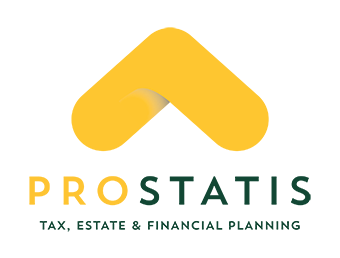Life is expensive. And, when you want to buy a house, or a car, or pay for your child’s tuition to Sarah Lawrence, it can be very tempting to use the pile of money you’ve been stashing away for your retirement. However, borrowing from your retirement plan is a dangerous proposition, even if you are able to pay the money back. Here are some factors to consider.
What you can and can’t do
While you can’t borrow from traditional IRAs, Roth IRAs, SEPs or SIMPLE IRAs, you can borrow from qualified retirement plans like 401(k)s. Most 401(k)s allow you to borrow either $50,000 or half of your vested account balance – whichever is lower.
Double trouble
Loan repayments, including interest, are paid with money that has already been taxed once, and will be taxed again when you withdraw it from your 401(k). This means you are paying twice the taxes on money borrowed.
Don’t pay late
If you make a payment late, or not at all, the IRS may consider the amount you took out as an early distribution, which makes it taxable. You may be in for federal income tax liability, state income tax, and a 10 percent penalty tax if you’re under age 59 1⁄2.
Loan v. withdrawal
Deciding whether to take a loan or early withdrawal depends on a few factors. Withdrawal means removing a portion of your balance, which can be subject to early withdrawal penalties. Taking out a loan, on the other hand, is treated as a part of your portfolio and must be repaid
with interest. Neither option is ideal, and there’s a good chance of irreversibly damaging your retirement savings.
One time when it might be okay
By now, you’ve read the major pitfalls of borrowing against your retirement – and they are significant. But, each person’s financial situation is different, and there are some situations in which borrowing from your 401(k) might be the lesser of two evils. Borrowing rates for 401(k) funds can be as low as 1-2 percent, making it a potentially smart move if you use the borrowed money to pay off a high-interest debt. However, this should be considered a last resort.
Be sure to consult your retirement planner to understand the long-term consequences of borrowing from your retirement fund.























